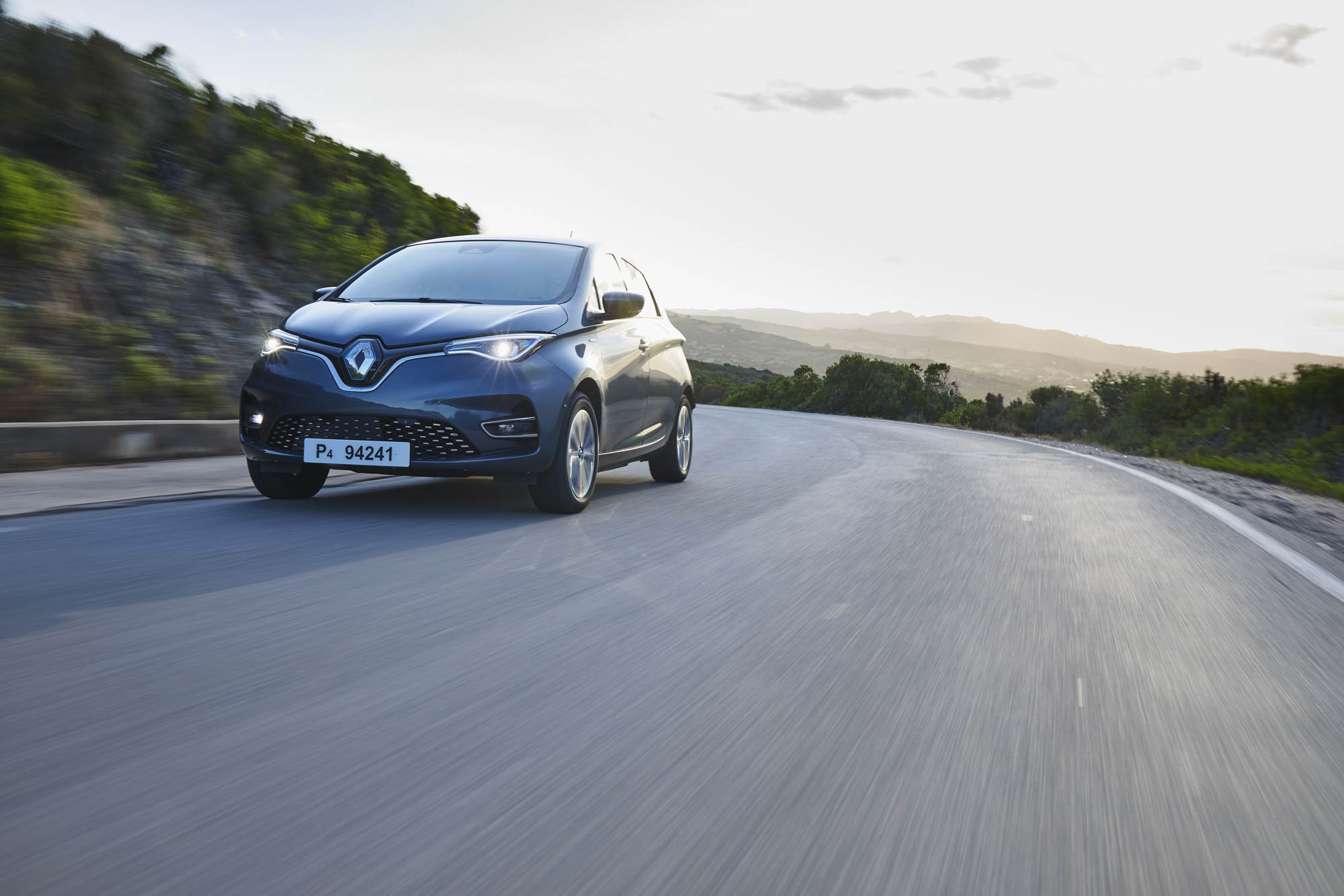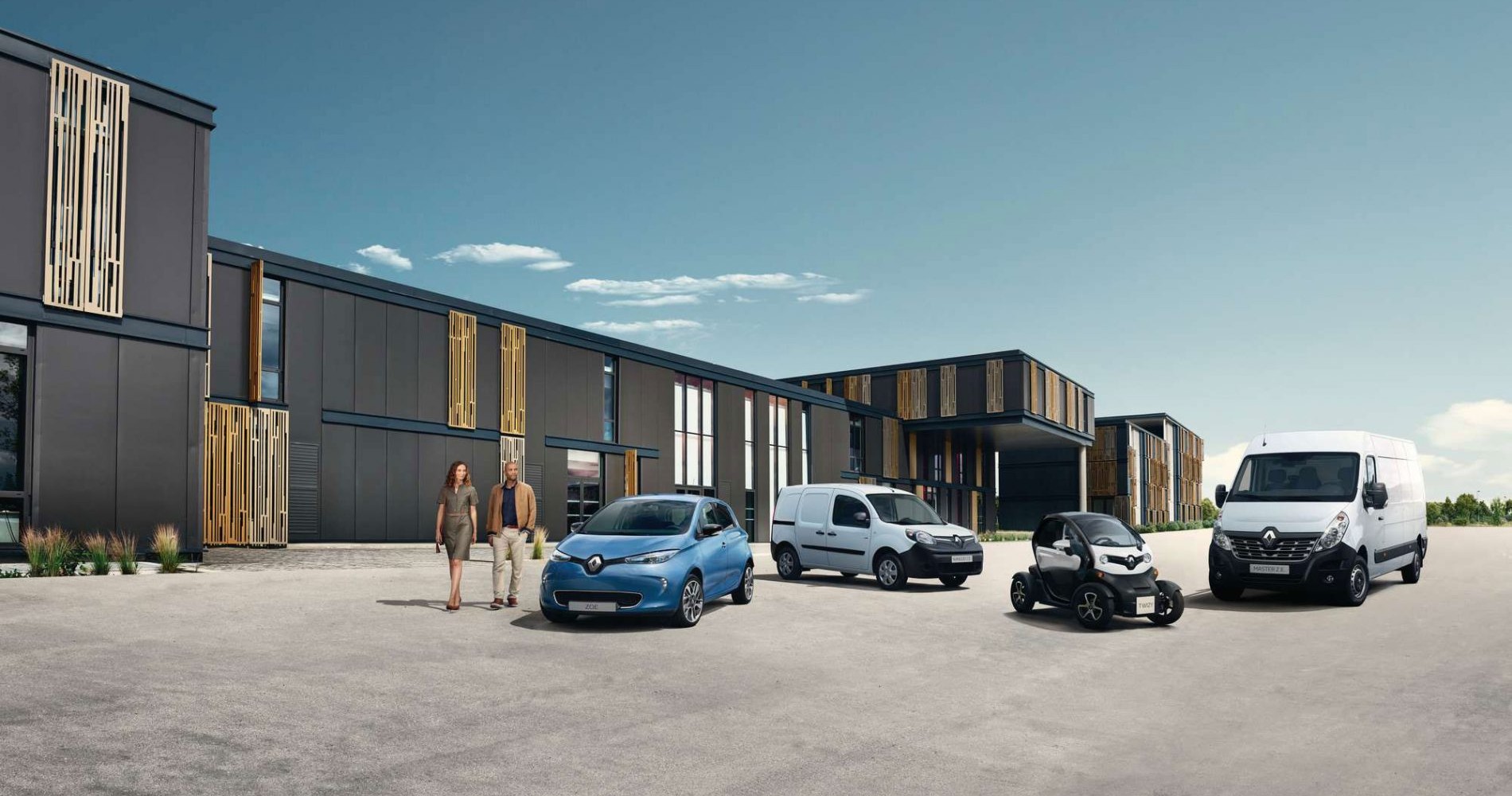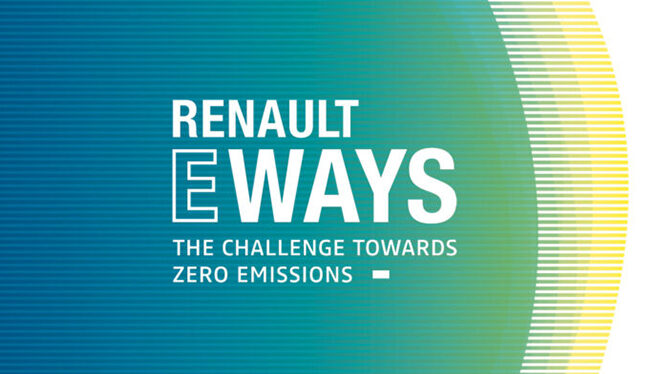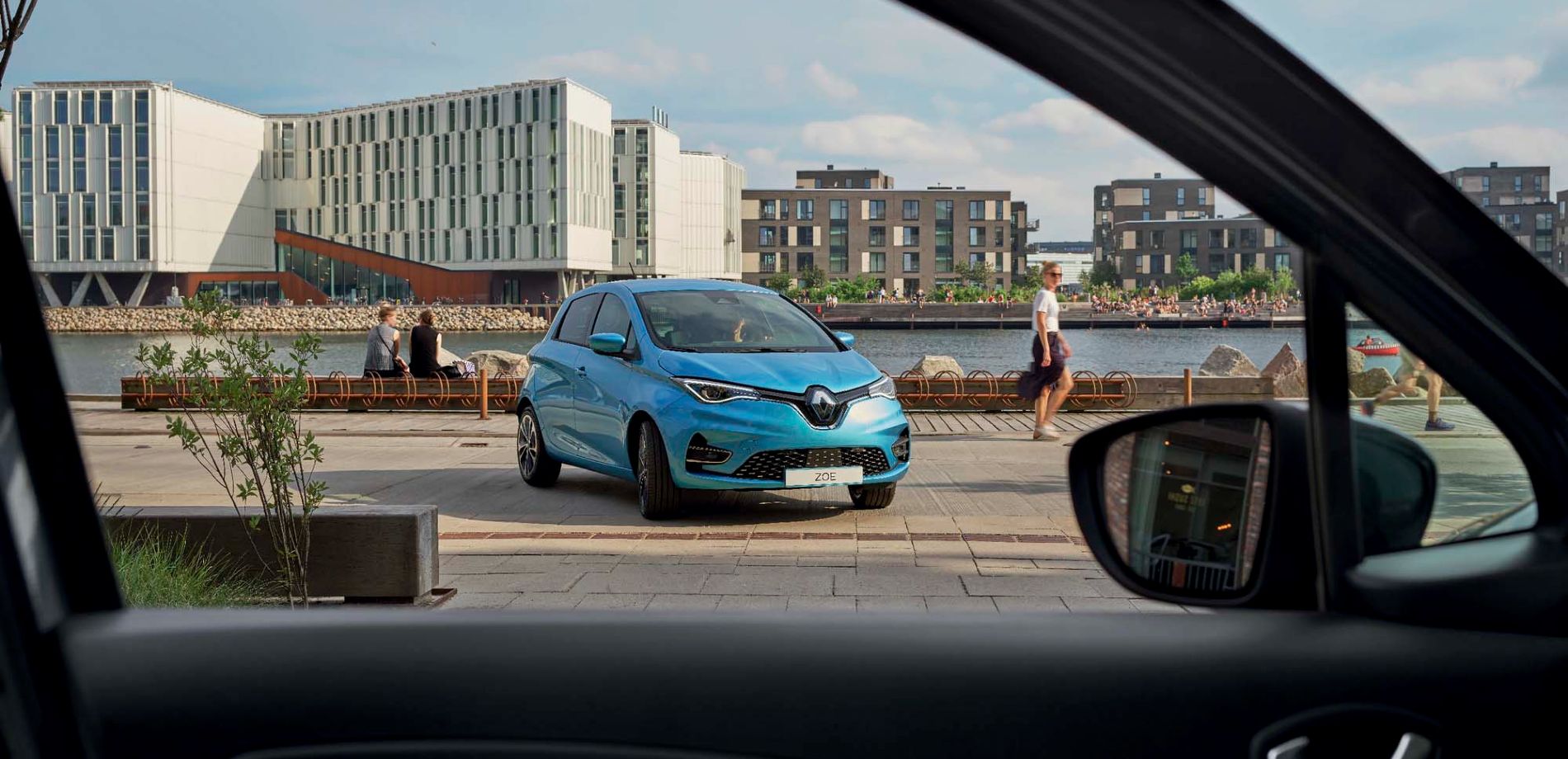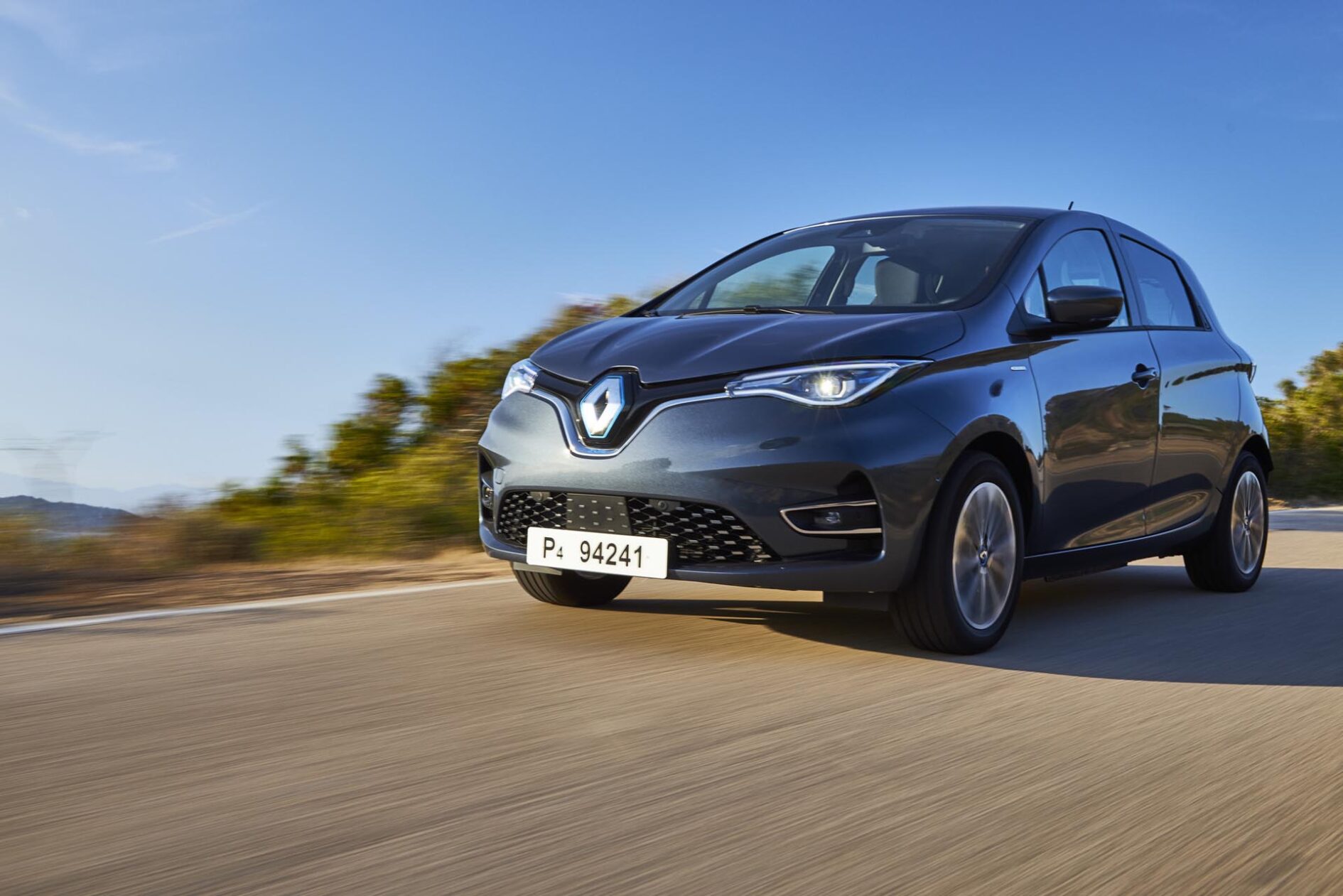

Electric and hybrid are two distinct mechanisms
MYTH #1
A hybrid car and an electric car are the same thing

The latter does not possess a tank nor a combustion engine, but rather an electric motor and a battery. As for the hybrid car, it features both a petrol or diesel engine along with a small electric engine and a battery. The latter relies on recycling the kinetic energy generated by decelerating or braking and transforming it into electricity. The recycled energy is then used during the electric mode, especially when driving in reduced speed areas.
Maintenance and energy costs are actually lower
MYTH #2
Electric cars are expensive

The purchase price is sometimes higher for an electric model, but tax incentives aimed at improving air quality make it easier for drivers to buy these models. Furthermore, the maintenance and energy costs of an electric vehicle are lower than those of a traditional car.
Electric cars come with artificial engine sounds
MYTH #3
Electric cars are dangerously silent
As they are, by definition, silent, electric vehicles can surprise pedestrians, who still aren’t very used to seeing them around the city. Various regulation will require all manufacturers in the European Union to create an “artificial” engine noise for all electric models by 2019. Renault’s electric vehicles already emit a light drone at low speeds, just enough to warn pedestrians who unexpectedly decide to cross the street.
Listen to the engine sounds of the Renault ZOE
Charging stations are spreading
MYTH #4
Charging an electric vehicle is a challenge

A few years ago, charging stations were few and far between. Today, nearly 200,000 terminals are available to electric vehicle drivers in Europe. The Z.E. Trip app, paired with the R-LINK navigation system, allows you to locate and choose charging stations along your route and get there easily, and the smartphone app Z.E. Pass makes it easy to pay for your charge regardless of the station.
Battery life and charging times keep getting better
MYTH #5
Electric vehicles are only suitable for the city

The electric car is often considered to be a purely city-based car that’s unsuitable for long journeys, on account of its supposedly low battery life and lack of charging infrastructure. However, battery life is getting longer and some electric cars, like the ZOE, are able to travel more than 300 km on a single charge.
Also, whereas first-generation electric cars required a full night of charging, it is now possible to choose between slow, fast or accelerated charge. By allowing power levels of up to 43 kW, smart chargers like the Chameleon™ can charge the battery of an electric vehicle up to 80% in just 30 minutes. Most fast-charging stations being located on main roads and motorways, a short stop while leaving the city will suffice to power a long ride with complete peace of mind.
